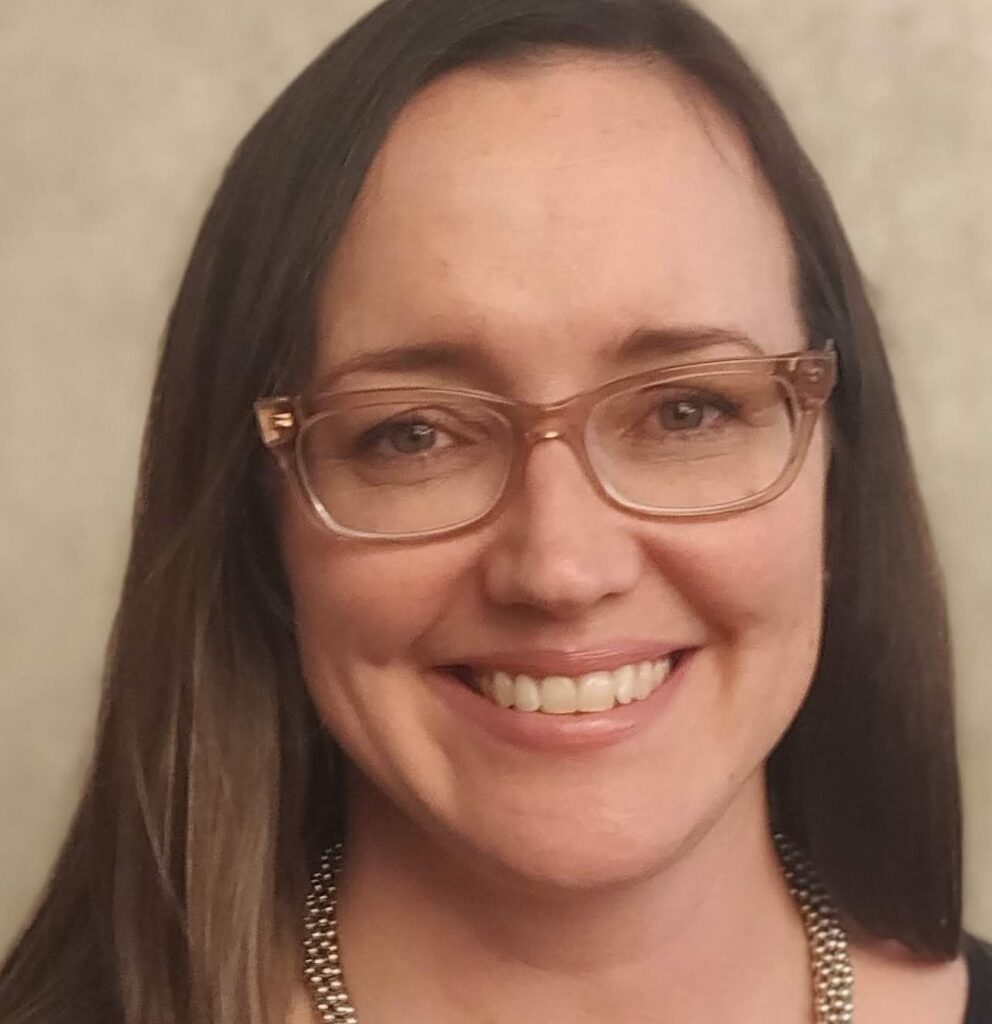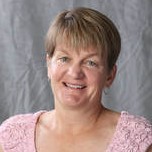
Lorraine Thirsk PhD
Primary Investigator
Dr. Lorraine Thirsk is an assistant professor in the Faculty of Health Disciplines at Athabasca University. She has been a registered nurse in Alberta for over 20 years, and her program of research focuses on improving family nursing practices in adult populations facing serious illness.

Venise Bryan PhD
Co-investigator
Dr. Venise Bryan is a registered nurse and currently contributes to healthcare education as an Assistant Professor in the Faculty of Health Disciplines at Athabasca University. Her program of research focuses on nursing education with special interest in interpersonal relations from a teaching and learning context, development practice, and authentic leadership.

Georgia Dewart PhD
Co-investigator
Dr. Georgia Dewart is an assistant professor in the Faculty of Health Disciplines at Athabasca University. Her clinical background has been in maternal and community health nursing. Her research focuses include health equity, narrative inquiry, and nursing education.

Lynn Corcoran PhD
Co-investigator
Dr. Lynn Corcoran is an Associate Professor in the Faculty of Health Disciplines at Athabasca University. She has a clinical background is in public health and women’s health. Her research interests include intimate partner violence, women’s health, and nursing education in the digital environment.
Clinical Pedagogy in Family and Community Health Nursing Clinical Courses
High-quality clinical courses have long been a focus of nurse educators in baccalaureate nursing (BN) programs [1], although securing clinical placements with healthcare agencies has often been challenging [2]. The COVID-19 pandemic led to numerous changes and disruptions for BN programs, particularly in clinical courses [3]. Many registered nurses in our partner agencies, who would support community health placements, were redeployed for the pandemic response. In the spring of 2020, similarly to many BN programs in Canada, the family and community health clinical course (FCHCC) in our program was redesigned to be delivered entirely online. The redesigned FHCHCC course focused on application of theory to practice, and entry-level competency development, using a range of educational methods including discussion forums, video-conferencing sessions, virtual simulation, and role-play-based skills demonstrations. Although other clinical courses resumed in-person placements in the fall of 2020, the FCHCC has remained online in the digital learning environment and will be offered in this format for the foreseeable future.
The changes that have occurred due to the pandemic have created a unique opportunity to evaluate clinical course pedagogy and design. As educators and regulators look to make future decisions regarding clinical components of nursing programs, there is an unprecedented opportunity to gather empirical evidence to inform decisions, particularly regarding FCHCC requirements. This project is part of a larger, multi-phased evaluation of clinical pedagogy in undergraduate nursing programs focusing on the contribution of clinical courses to safe, competent, workforce ready, graduates. For this project, our aim is to examine competency development in family and community health nursing. Our goal is to provide BN educators and regulators with a rigorous, in-depth review of two course designs for FCHCC to assist with future decision-making.